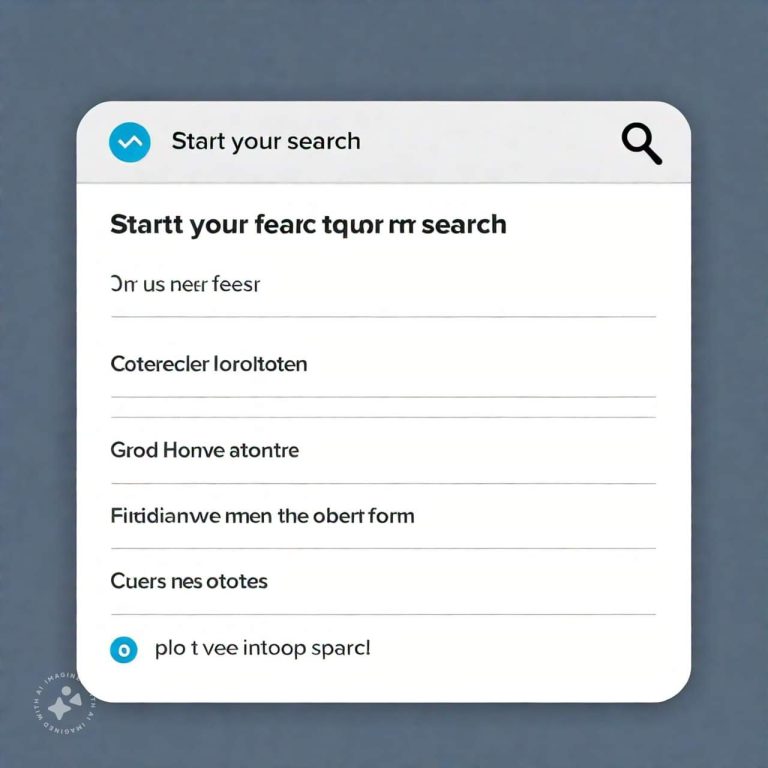2025 Workplace Skills Essential Tips on Communication, Time Management, and Leadership for Career Growth
Workplace Skills: Essential Tips on Communication, Time Management, and Leadership for Career Growth
The workplace is a dynamic environment where success is often determined by the skills you bring to the table. Among the most critical workplace skills are communication, time management, and leadership. These skills not only enhance your efficiency but also open doors for career growth and professional fulfillment. In this guide, we delve into these core skills and provide actionable tips to help you excel in your workplace.
Communication Skills: The Cornerstone of Workplace Success
Effective communication is fundamental in every workplace. It ensures clarity, fosters collaboration, and builds relationships. Miscommunication, on the other hand, can lead to errors, missed opportunities, and strained relationships.
Key Aspects of Workplace Communication
- Clarity and Conciseness
Avoid jargon or overly complex language. Be direct yet polite to ensure your message is understood without ambiguity. - Active Listening
Listening is as important as speaking. Pay attention to the speaker, ask clarifying questions, and avoid interrupting. This demonstrates respect and ensures mutual understanding. - Non-Verbal Communication
Body language, facial expressions, and tone of voice are crucial. Ensure your non-verbal cues align with your message to avoid confusion. - Feedback Mechanism
Provide constructive feedback and be open to receiving the same. Feedback helps improve performance and strengthens workplace relationships.
Tips to Improve Communication
- Practice Empathy: Understand your colleagues’ perspectives before responding.
- Leverage Technology: Use tools like email, chat applications, or project management platforms to facilitate clear and organized communication.
- Engage in Regular Updates: Schedule meetings or brief check-ins to ensure alignment with team goals.
- Work on Public Speaking: Join a club or take a course to improve your confidence and clarity in delivering presentations.
Time Management: Maximizing Productivity in the Workplace
Time is a finite resource, and managing it effectively is essential to thrive in the office. Poor time management can lead to missed deadlines, stress, and reduced quality of work.
Core Principles of Time Management
- Prioritization
Identify tasks that are urgent and important. Use techniques like the Eisenhower Matrix to distinguish between critical and non-critical activities. - Planning
Develop a daily or weekly schedule. Break down large tasks into manageable chunks and allocate specific times for their completion. - Delegation
Recognize tasks that can be assigned to others. Delegation not only frees up your time but also empowers your colleagues. - Avoiding Procrastination
Tackle challenging tasks first and eliminate distractions to stay focused.
Time Management Tips for the Workplace
- Use Digital Tools: Tools like calendars, task managers, and time trackers can streamline your workflow.
- Set Boundaries: Learn to say no to non-essential tasks that may disrupt your focus.
- Review and Reflect: At the end of each day, assess what went well and what could be improved.
- Incorporate Breaks: Short breaks between tasks can rejuvenate your mind and enhance focus.
Leadership Skills: Inspiring Growth in the Workplace
Leadership is not confined to managerial roles. Regardless of your position, demonstrating leadership skills can significantly impact your career and the workplace culture.
Characteristics of Effective Leadership
- Vision
Great leaders have a clear vision and inspire others to work towards it. Articulating your vision clearly motivates your team. - Decision-Making
Strong leaders make informed decisions and take responsibility for their outcomes. - Emotional Intelligence
Understanding and managing your emotions while empathizing with others fosters a positive and productive office environment. - Adaptability
Leaders thrive in dynamic environments by being open to change and encouraging innovation.
Tips to Enhance Leadership in the Workplace
- Lead by Example: Model the behavior you want to see in others, whether it’s punctuality, diligence, or collaboration.
- Develop Conflict Resolution Skills: Address workplace conflicts constructively by listening, empathizing, and finding mutually beneficial solutions.
- Encourage Feedback: Create an open environment where team members feel comfortable sharing their ideas and concerns.
- Invest in Self-Development: Attend workshops, read books, or seek mentorship to continuously refine your leadership skills.
Integrating Communication, Time Management, and Leadership
While each of these skills is powerful on its own, integrating them creates a synergy that magnifies their impact. For instance, clear communication ensures that time management strategies are effectively conveyed, while strong leadership fosters a culture where time and communication are respected.
Practical Strategies for Skill Integration
- Regular Team Meetings: Use these to communicate goals, allocate time for tasks, and inspire through leadership.
- Setting SMART Goals: Specific, Measurable, Achievable, Relevant, and Time-bound goals ensure clarity, efficient time use, and leadership alignment.
- Building Trust: Open and honest communication, combined with time reliability and empathetic leadership, builds a trustworthy workplace culture.
Overcoming Challenges in the Workplace
Even with these skills, challenges are inevitable. Addressing them proactively ensures sustained growth.
Common Workplace Challenges and Solutions
- Conflict Among Team Members
- Solution: Use effective communication and leadership to mediate and resolve disputes.
- Overwhelming Workloads
- Solution: Employ time management techniques such as task prioritization and delegation.
- Lack of Motivation
- Solution: Cultivate a motivating workplace culture through recognition, rewards, and personal development opportunities.
Continuous Learning and Skill Development
The workplace evolves with trends like remote work, AI integration, and diverse team dynamics. Staying updated and continuously improving your skills is vital.
Resources for Skill Development
- Workshops and Seminars: Gain insights from experts and network with peers.
- Online Courses: Platforms like Coursera, LinkedIn Learning, and Udemy offer courses tailored to workplace skills.
- Mentorship Programs: Learn from experienced professionals who can provide guidance and feedback.
The Impact of Workplace Skills on Career Growth
Mastering communication, time management, and leadership positively influences your career trajectory. These skills enhance your efficiency, establish your reputation, and position you as an invaluable asset in the workplace.
Real-Life Success Stories
- Effective Communication: A marketing executive improved client relationships and increased sales by refining their communication skills.
- Time Management: A project manager successfully met tight deadlines by implementing effective scheduling and delegation.
- Leadership: An employee promoted to team lead inspired their team to achieve a 30% productivity boost through innovative leadership.
Conclusion
Workplace skills are not merely tools for professional survival—they are catalysts for career advancement and personal fulfillment. By honing your communication, time management, and leadership abilities, you can navigate the complexities of the workplace and emerge as a competent, respected, and successful professional.
Start today by evaluating your current strengths and areas for improvement. Commit to growth, and watch as your workplace becomes not just a place of work but a hub of opportunity and achievement.






